|
In this episode of The Editing Podcast, Denise and Louise discuss how to find an editor if you decide you want professional help.
Click to listen to Episode 10
Summary of Episode 10
Listen to find out more about:
Editing bites
Music credit ‘Vivacity’ Kevin MacLeod (incompetech.com). Licensed under Creative Commons: By Attribution 3.0 License: http://creativecommons.org/licenses/by/3.0/
Louise Harnby is a line editor, copyeditor and proofreader who specializes in working with crime, mystery, suspense and thriller writers.
She is an Advanced Professional Member of the Chartered Institute of Editing and Proofreading (CIEP), a member of ACES, a Partner Member of The Alliance of Independent Authors (ALLi), and co-hosts The Editing Podcast. Visit her business website at Louise Harnby | Fiction Editor & Proofreader, say hello on Twitter at @LouiseHarnby, connect via Facebook and LinkedIn, and check out her books and courses.
0 Comments
In this episode of The Editing Podcast, Denise and Louise discuss the order of play for the different levels of editing, and some ideas about how you can keep costs down.
Click to listen to Episode 9
Summary of Episode 9
Listen to find out more about:
Editing bites
Other resources
Music credit ‘Vivacity’ Kevin MacLeod (incompetech.com). Licensed under Creative Commons: By Attribution 3.0 License: http://creativecommons.org/licenses/by/3.0/
Louise Harnby is a line editor, copyeditor and proofreader who specializes in working with crime, mystery, suspense and thriller writers.
She is an Advanced Professional Member of the Chartered Institute of Editing and Proofreading (CIEP), a member of ACES, a Partner Member of The Alliance of Independent Authors (ALLi), and co-hosts The Editing Podcast.
You don't need a lot of equipment to create superb audio content. A fellow book editor and I recently recorded 5 episodes for our podcast with nothing but a couple of mics, a splitter and our cell phones. Here's how to do it.
Mobile podcasting at ATOMICON
Denise Cowle and I were at ATOMICON, a one-day digital marketing conference hosted by my two favourite marketers, Andrew and Pete. The venue was the Assembly Rooms in Newcastle. 300 business owners, all with an interest in being visible online, gathered from near and far to learn, and have a good laugh doing it – Andrew and Pete don’t do anything without putting a smile on people’s faces!
Creating content ... while learning about creating content
In January, Denise and I launched The Editing Podcast. We're both experienced book editors and we use our knowledge and experience to make indie authors' publishing journeys easier by offering writing and editing tips, tools and guidance. Our target audience is anyone who writes. That means we’re creating audio material related to fiction and creative non-fiction, business, education and academia. We tackle editing issues from the viewpoint of print and digital publishing because we recognize that our listeners work in a variety of formats and use a range of platforms to distribute their writing. Now, we'd already planned to invite guests onto The Editing Podcast in Season 2 and beyond, but ATOMICON was too good an opportunity to miss. Since some of the 300 delegates had published books – fiction and non-fiction – we thought it would be great to hear their experiences of the editing and publishing process so that other indie authors might understand the various approaches taken and the challenges faced.
The question we asked ourselves was could we do it on the fly? The coffee breaks were short, the venue busy, and the atmosphere buzzing. That meant there’d be a lot of background noise to contend with.
What equipment did we use? We turned up in Newcastle with our very own micro podcasting studio! It consisted of the following:
That’s a small investment for an audio studio that fits in your pocket! And we can use the equipment over and over.
So did it work? Yes, it did! RØDE didn’t disappoint. We plugged in the mics, hit the RECORD button on the Reporter app, and away we went. Our voices come across clearly, and while the background noise of the convention is audible, it doesn't interfere with the conversation. In fact, we think it adds texture to the recordings because listeners can appreciate the atmosphere of a live event. Who did we talk to? The following lovely people were kind enough to let us interview them about their book revision and publication journeys:
You can listen to the bonus episodes on The Editing Podcast right here. Editing and publishing the recordings The recordings are .WAV files that sit in the Reporter app’s library. Download them to your computer or email them to yourself. We edit our audio files in Audacity – this is free, open-source, cross-platform audio-editing software. The dashboard does have something of a NASA feel to it, but it’s easy to learn how to do the basics with any number of free tutorials available on YouTube. Here’s one example from by David Taylor: Audacity: Complete Tutorial Guide to Audacity for Beginners.
To upload to most audio platforms, you’ll need to convert the WAVs to MP3s. You can do this in Audacity at export stage.
Publishing audio content Denise and I chose Captivate to syndicate our podcast content because of its superb user interface and competitive pricing plans.
You don’t have to go down that route, of course. If you’re creating audio content more sporadically for the purpose of author book promotion or to communicate your editing knowledge/services, you could go direct to, say, SoundCloud or another free audio-streaming service, and embed the audio on your website rather than going for full syndication. And it won’t cost you a penny.
Why should you use audio? Audio is a powerful engagement tool because it allows your listeners to hear your actual voice ... your accent, your pitch, your inflection and, perhaps most important, your emotion. That enables authors to connect with readers, and editors to connect with authors. When a conversation takes place, listeners can hear that connection, and enjoy it. Lots of The Editing Podcast's listeners have told me and Denise that they love not just the learning points we share but also the way our friendship plays out on air. It's a richer experience than words alone can provide. Learn how to do marketing better We had a great time at ATOMICON, and our mobile podcasting experiment was a huge success, with over 300 downloads of the author interviews in the first 2 hours of appearing on air. If you’re struggling to be visible online, Andrew and Pete will show you the way. Denise and I are heading back to ATOMICON in 2020. I'm certain we'll be doing more mobile podcasting, too! Click on the image below if you fancy joining us.
Louise Harnby is a line editor, copyeditor and proofreader who specializes in working with crime, mystery, suspense and thriller writers.
She is an Advanced Professional Member of the Chartered Institute of Editing and Proofreading (CIEP), a member of ACES, a Partner Member of The Alliance of Independent Authors (ALLi), and co-hosts The Editing Podcast. Visit her business website at Louise Harnby | Fiction Editor & Proofreader, say hello on Twitter at @LouiseHarnby, connect via Facebook and LinkedIn, and check out her books and courses.
In this episode of The Editing Podcast, Denise and Louise talk about about page proofs and the proofreading process.
Click to listen to Episode 8
Summary of Episode 8
Editing bites
Related resources Click on the image below to download my free proofreading checklist.
And check out these blog articles about proofreading too:
Music credit ‘Vivacity’ Kevin MacLeod (incompetech.com). Licensed under Creative Commons: By Attribution 3.0 License: http://creativecommons.org/licenses/by/3.0/
Louise Harnby is a line editor, copyeditor and proofreader who specializes in working with crime, mystery, suspense and thriller writers.
She is an Advanced Professional Member of the Chartered Institute of Editing and Proofreading (CIEP), a member of ACES, a Partner Member of The Alliance of Independent Authors (ALLi), and co-hosts The Editing Podcast. Visit her business website at Louise Harnby | Fiction Editor & Proofreader, say hello on Twitter at @LouiseHarnby, connect via Facebook and LinkedIn, and check out her books and courses.
In this episode of The Editing Podcast, Denise and Louise talk about style sheets, and how they’ll help you keep track of the key themes in your book, and ensure consistency along the way.
Click to listen to Episode 7
Summary of Episode 7 ...
Related resources
Music credit ‘Vivacity’ Kevin MacLeod (incompetech.com). Licensed under Creative Commons: By Attribution 3.0 License: http://creativecommons.org/licenses/by/3.0/
Louise Harnby is a line editor, copyeditor and proofreader who specializes in working with crime, mystery, suspense and thriller writers.
She is an Advanced Professional Member of the Chartered Institute of Editing and Proofreading (CIEP), a member of ACES, a Partner Member of The Alliance of Independent Authors (ALLi), and co-hosts The Editing Podcast.
|
BLOG ALERTSIf you'd like me to email you when a new blog post is available, sign up for blog alerts!
TESTIMONIALSDare Rogers'Louise uses her expertise to hone a story until it's razor sharp, while still allowing the author’s voice to remain dominant.'Jeff Carson'I wholeheartedly recommend her services ... Just don’t hire her when I need her.'J B Turner'Sincere thanks for a beautiful and elegant piece of work. First class.'Ayshe Gemedzhy'What makes her stand out and shine is her ability to immerse herself in your story.'Salt Publishing'A million thanks – your mark-up is perfect, as always.'CATEGORIES
All
ARCHIVES
July 2024
|
|
|
|


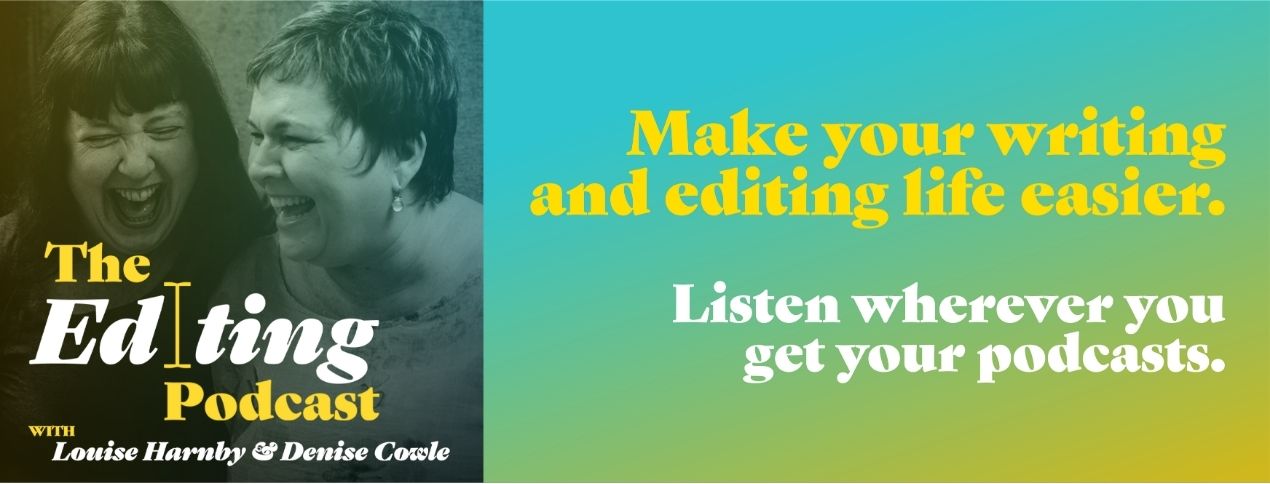
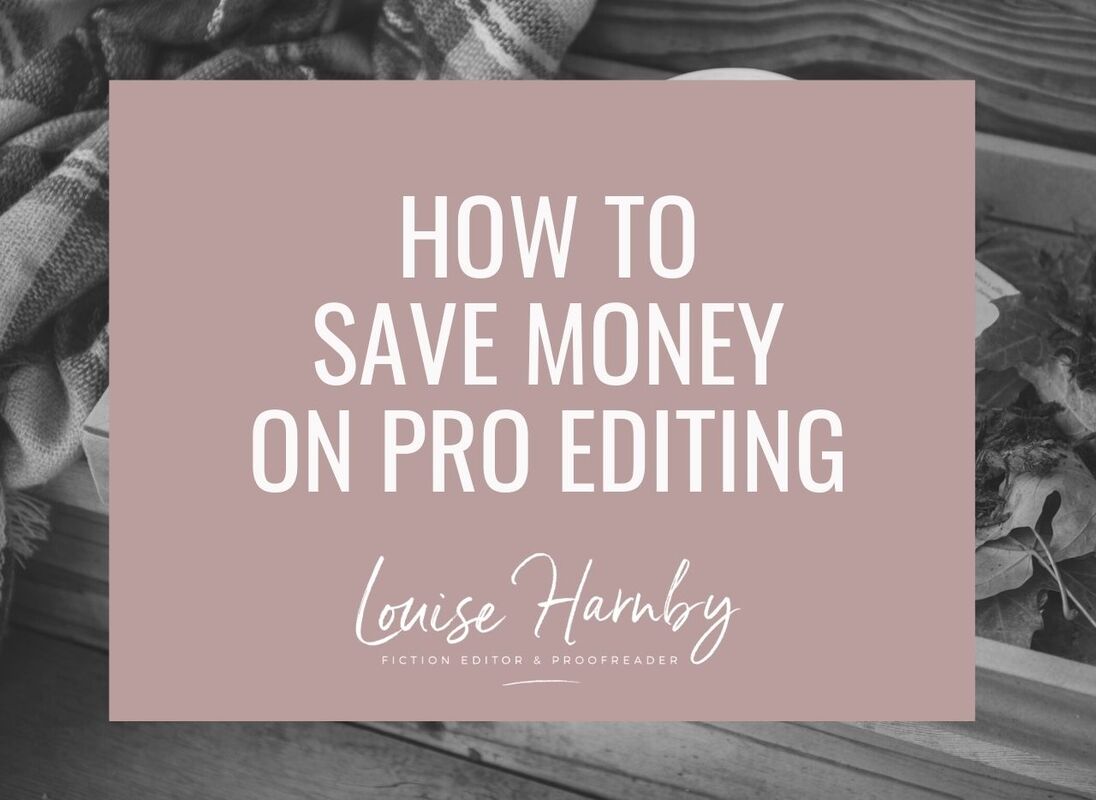
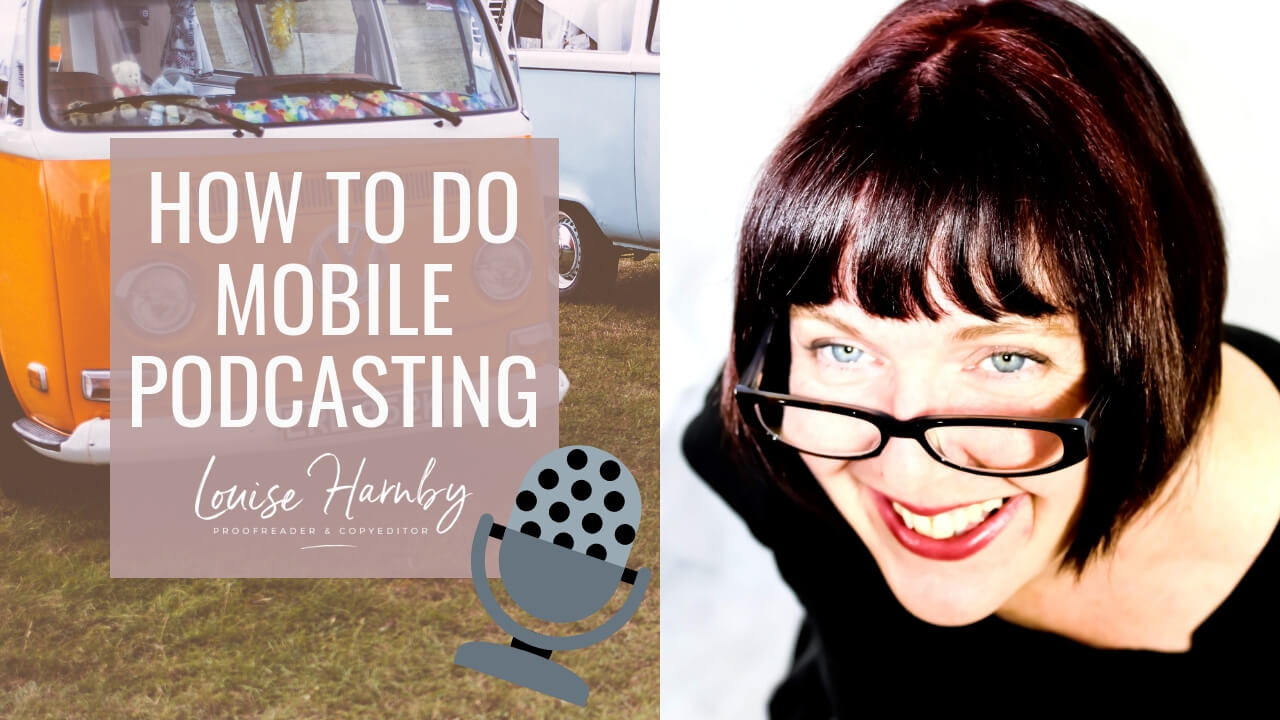
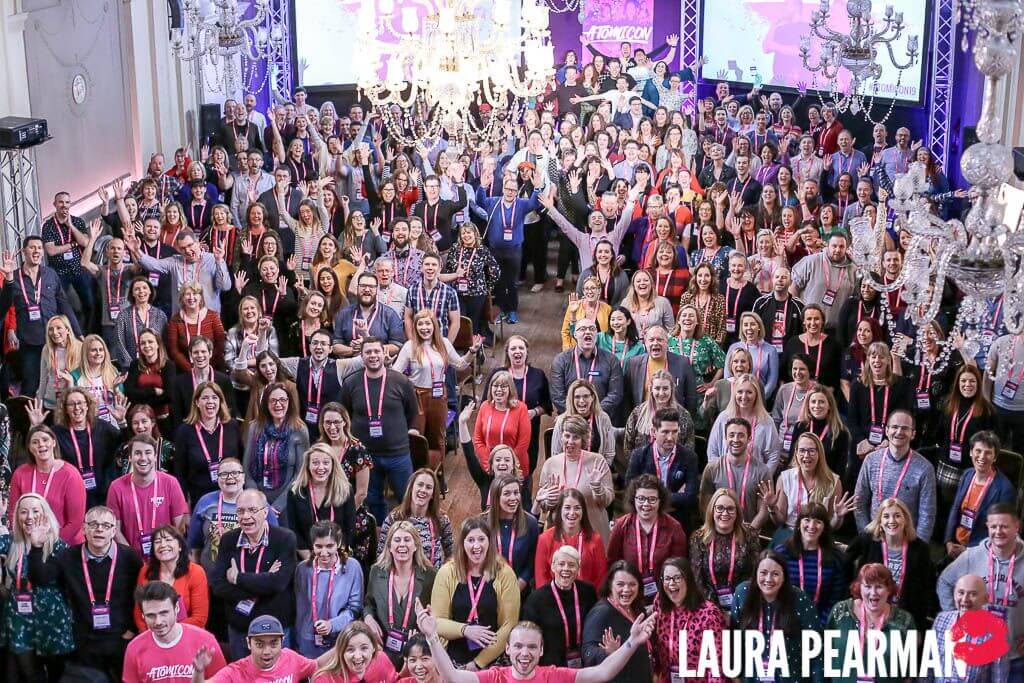
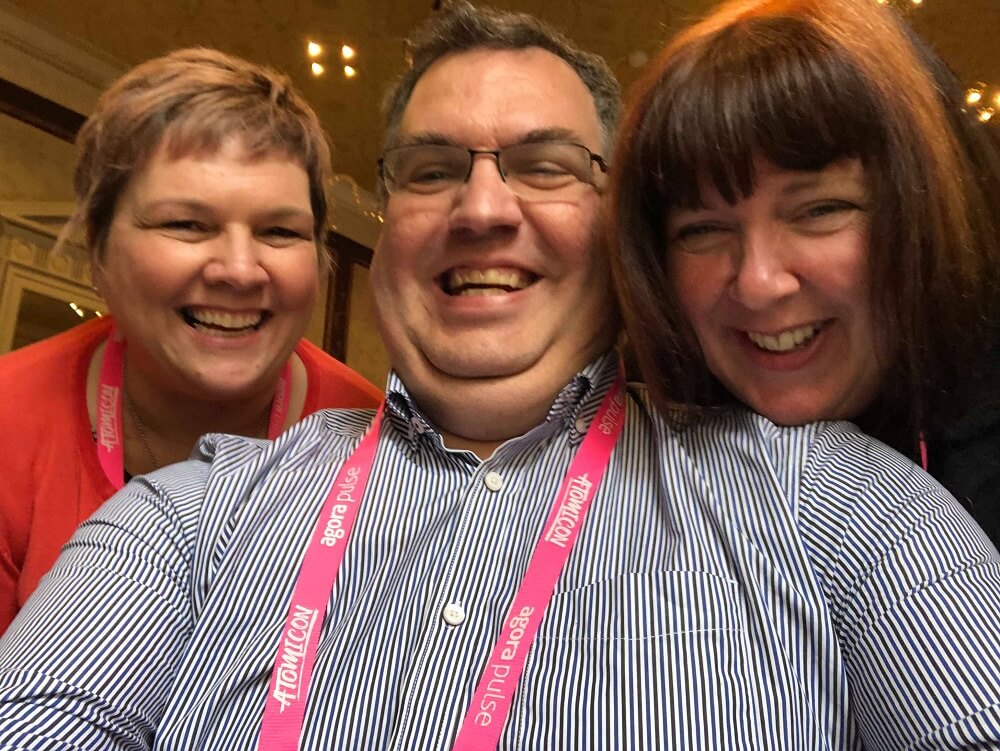
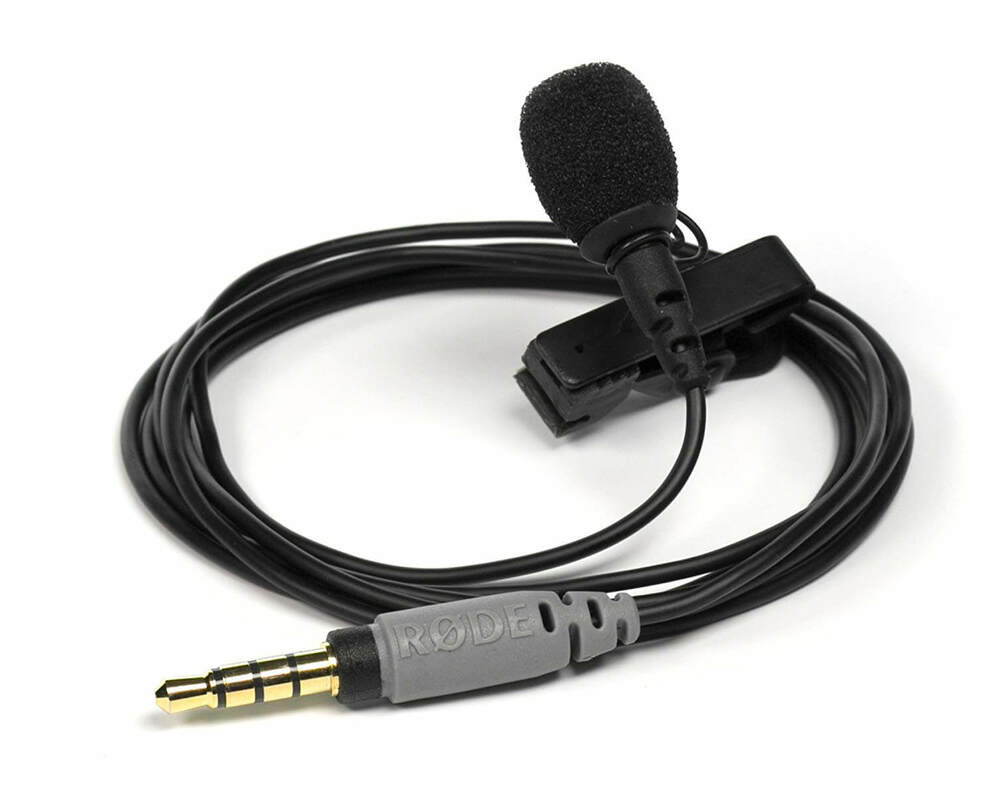
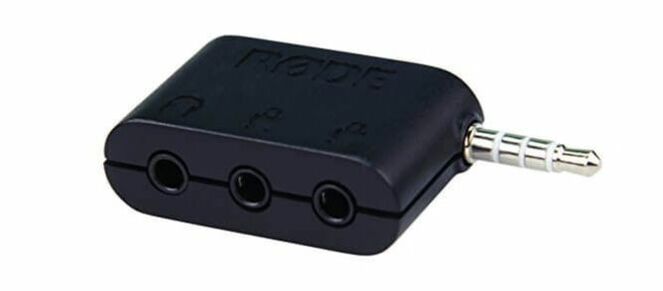

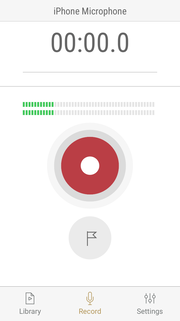
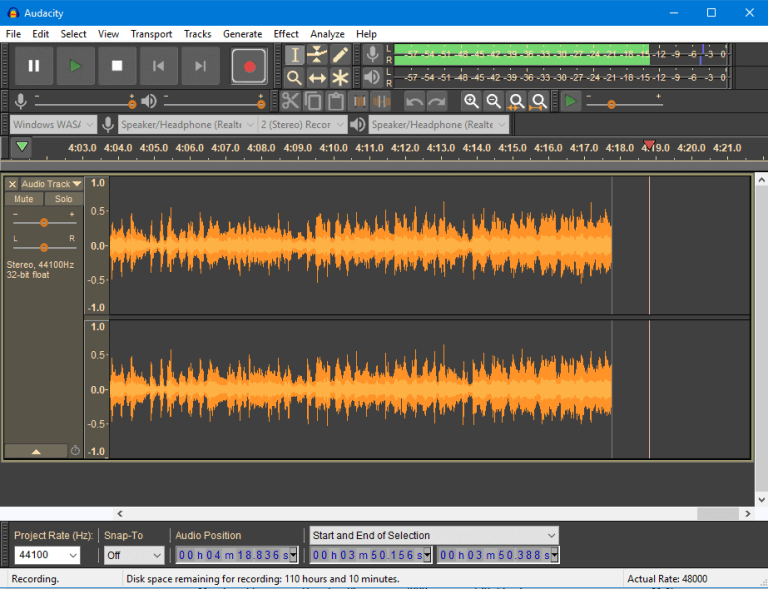
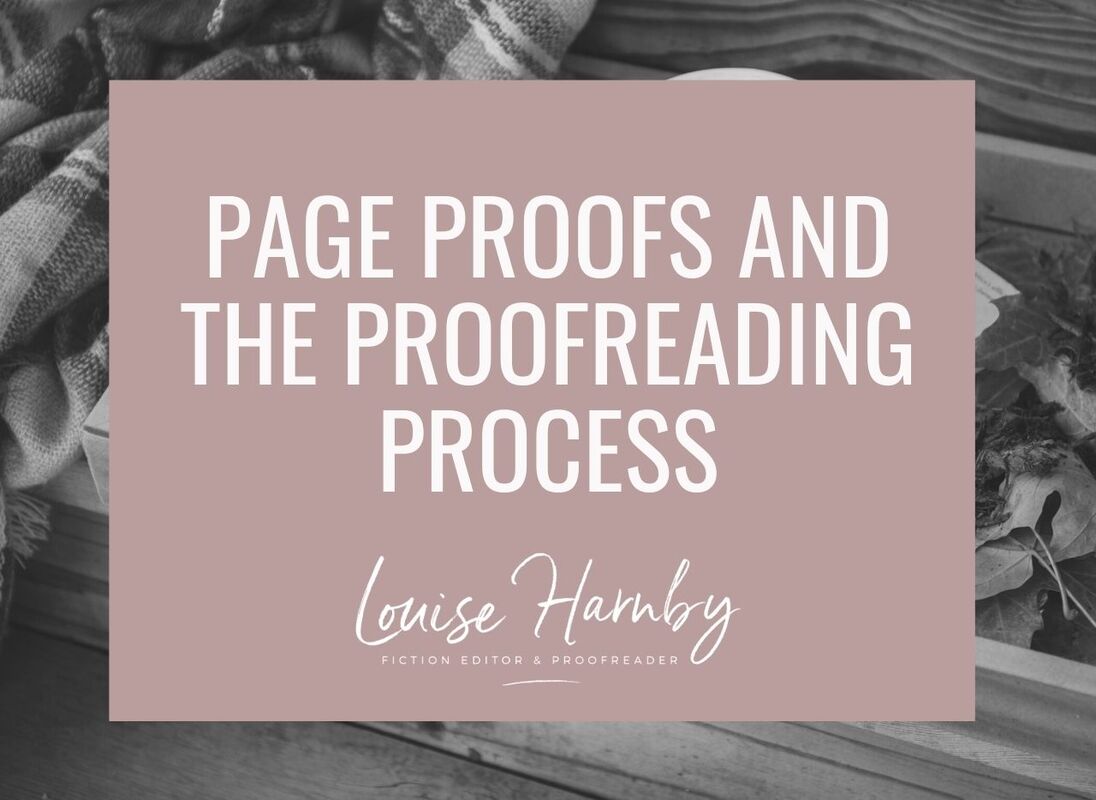
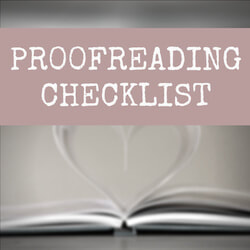













 RSS Feed
RSS Feed





